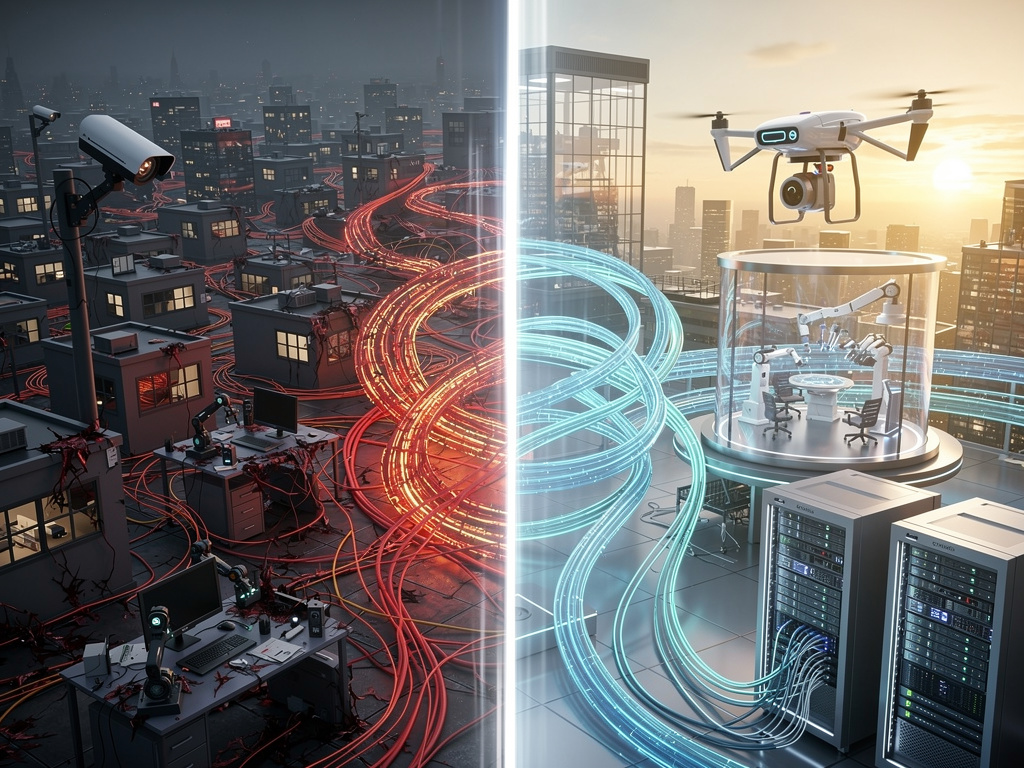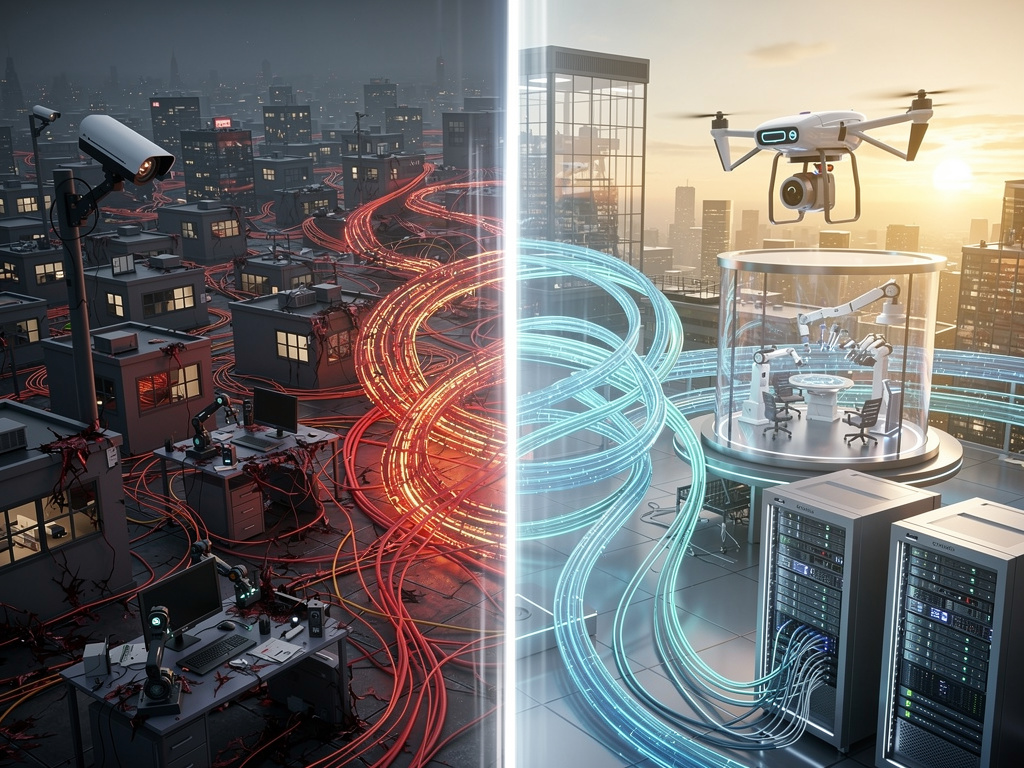AI-Generated Deportation Videos Mislead Millions on Social Media

The emergence of AI-generated videos depicting federal agents detaining migrants has raised significant concerns about misinformation on social media. These videos, which often portray dramatic and intense scenes, have garnered hundreds of thousands of views on platforms like Facebook. While they may appear convincing, they are entirely fabricated, underscoring a troubling trend in how technology is being used to manipulate public perception.
Understanding the Impact of AI on Misinformation
The use of AI to create realistic-looking content is not new, but the recent spike in these deportation videos has sparked a broader conversation about their potential consequences. According to a report by the Center for Countering Digital Hate published in July 2023, these videos exploit societal fears surrounding immigration and law enforcement. They often misrepresent the realities faced by migrants and can incite fear and misunderstanding among viewers.
The videos typically depict scenes of chaos, featuring federal agents making arrests or detaining individuals. While some may consume them as entertainment, others can be easily misled into believing they reflect real events. This misinformation can have far-reaching effects, influencing public sentiment and policy discussions related to immigration.
The rapid advancement of AI technology has enabled the creation of highly realistic images and videos, blurring the lines between fact and fiction. As these tools become more accessible, the potential for misuse grows, particularly in sensitive areas such as immigration.
Addressing the Challenge of Misinformation
Governments, social media platforms, and advocacy groups are grappling with how to address the proliferation of AI-generated misinformation. Initiatives aimed at improving digital literacy are crucial in helping users discern credible information from fabricated content. Organizations like the International Fact-Checking Network are working to educate the public on recognizing misleading videos and verifying sources.
Social media companies have begun implementing measures to combat misinformation, including labeling questionable content and promoting fact-checking resources. However, the effectiveness of these initiatives remains to be seen, as the volume of misleading content continues to grow.
In response to these challenges, some lawmakers are calling for stricter regulations on AI technology and its applications in media. They argue that accountability measures are essential to prevent the spread of harmful misinformation that can influence public opinion and policy.
The rise of AI-generated videos highlights a critical intersection of technology, media, and society. As the digital landscape evolves, the responsibility lies with both platforms and users to navigate this complex environment carefully. Understanding the implications of AI-generated content is vital for fostering an informed and responsible online community.






